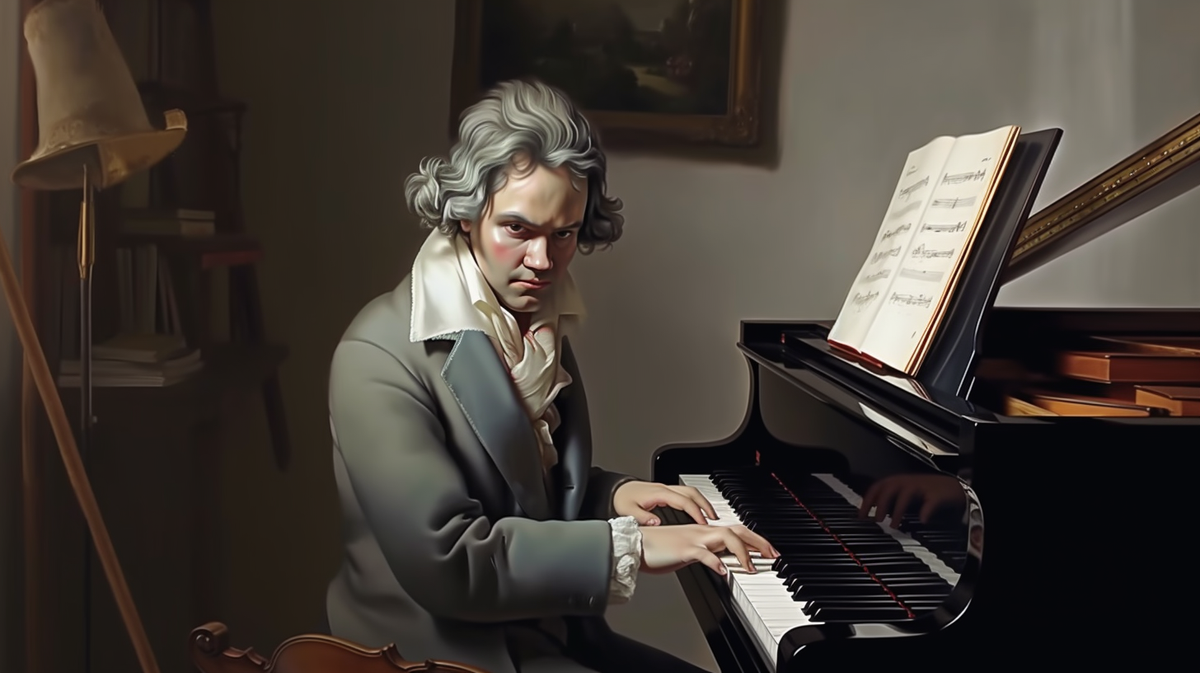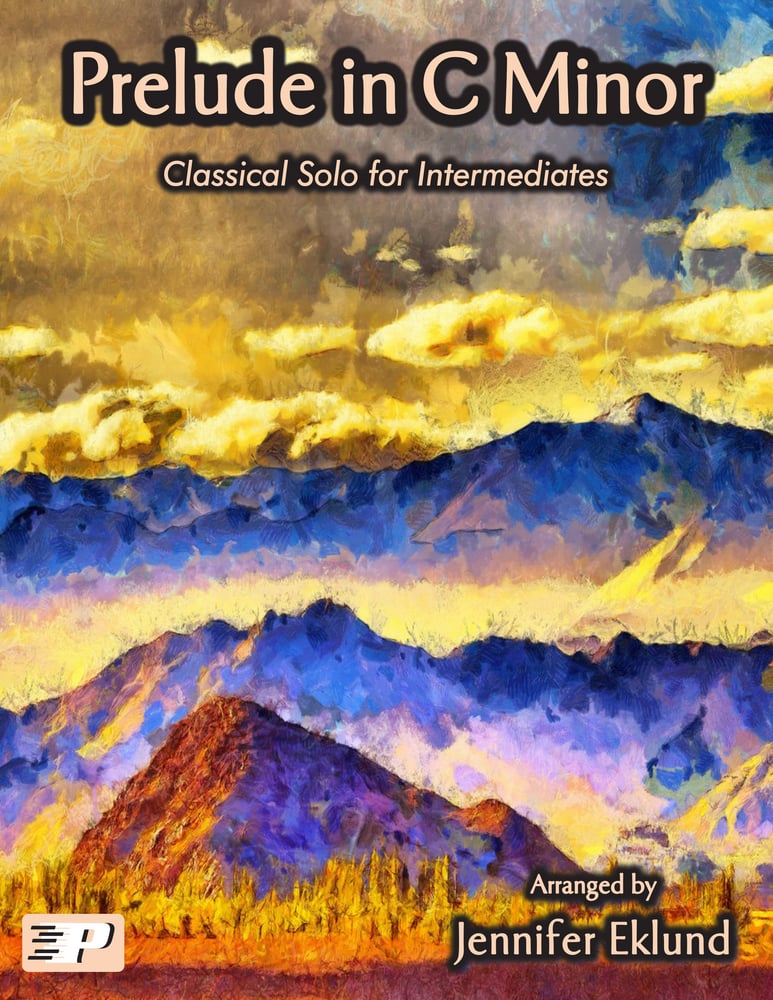I got a little fired up the other day by some posts floating around Facebook about the validity and usefulness of classical arrangements for students. Quality arrangements are a great way to broaden the knowledge base of a student and they’re great for you on the business side in terms of student retention. Here’s why:
They are taking lessons because of these melodies! Students are usually drawn to the piano in the first place because at some point they’ve heard a famous melody played on the piano and that excited them. Why are we force them to wait through years and years of study to finally be allowed to play Fur Elise? It’s ridiculous if you ask me. Let’s face it—many of them will lose interest before they get to that point so why deny them access? It is often that special piece that keeps the spark alive.
Arrangements fill the gap between teaching pieces and standard repertoire: Original classics (the ones students encounter first) are generally pretty boring, and the good ones are few and far between. Again you run the risk of students losing interest in the piano altogether because they get the impression that these pieces represent what Classical music is all about. I understand the purist point of view that music should be preserved in its natural state. However, telling a student to just wait 5 more years until they can handle the original “Moonlight Sonata” is not motivating.
Another factor is the large gap that exists between Classical teaching pieces standard piano repertoire (the type you are expected to play at the college level). For example, jumping from a Burgmüller piece, or a Clementi Sonatina, into a Mozart Sonata is quite a leap. Why not fill the void at this intermediate level with a variety of repertoire including arrangements of famous classics, allowing students to build more technical skills as well as widen their exposure to new repertoire outside of what is standard for the piano.
- Help students broaden their horizons: Why limit students to piano repertoire? Aren’t we teaching a love of music? I want my students playing melodies from The Four Seasons and repertoire that is standard for other instruments, opera themes, ballet music, the list goes on and on. It opens up the discussion of music history and why these pieces are important standard repertoire for other instrumentalists. It also keeps us from being too piano-centric in our studies. When you study at high levels you are encouraged to listen to Mozart string quartets and operas in order to properly interpret his piano sonatas, so why not familiarize students with this repertoire early on via solid arrangements?
The key: As a teacher it’s your job to find good arrangements, and they are out there. I based much of the Piano Pronto method book series around classical arrangements for all of the reasons mentioned above. As an arranger I’m always cognizant of writing hand-friendly material that maintains the integrity of the original composition.
Here’s a piece I’m particularly fond of (and so are my students). The original version of this Chopin C Minor Prelude is difficult both musically and technically, As you study this arrangement you’ll see the original harmonies are maintained, but the large stretches are truncated to accommodate smaller hands.
So what are your thoughts on using arrangements in your teaching?







Be the first to comment.